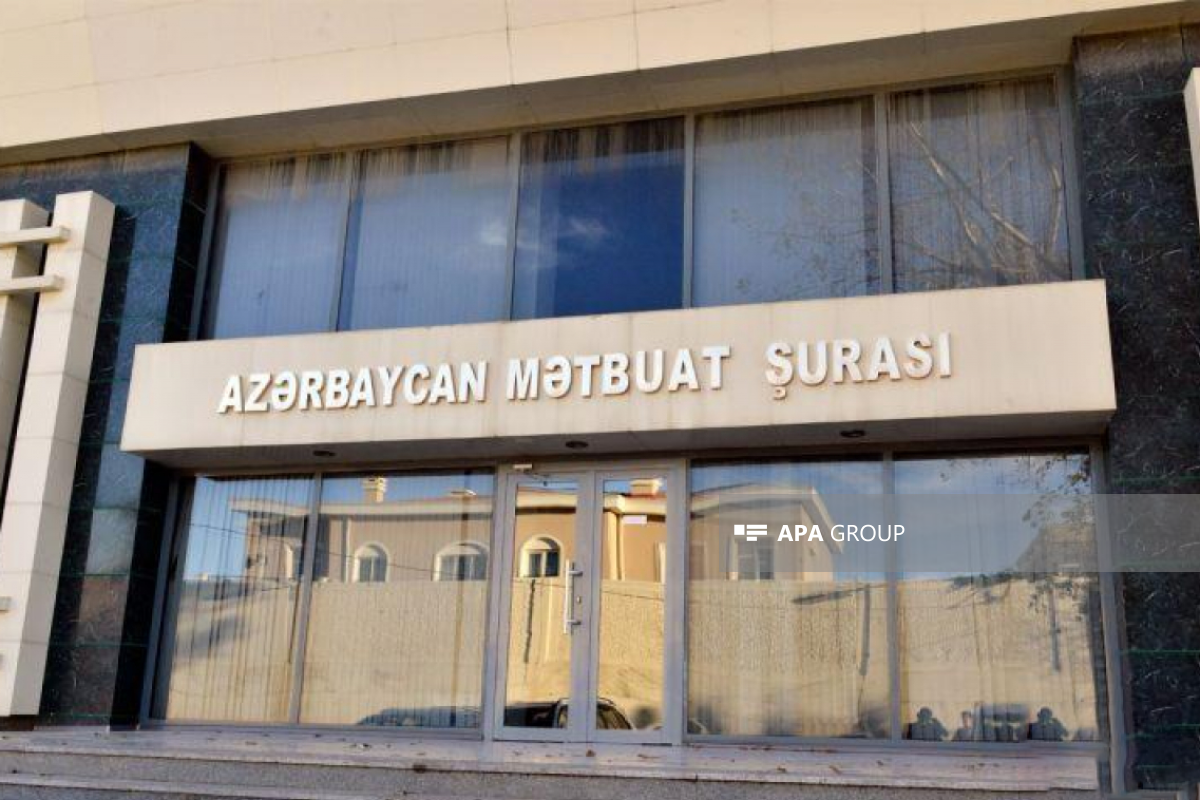Facebook opens up its data for the first time to more than 60 academics from around the world, who will be able to look, among other things, at how the platform influences elections, ONA reports citing Financial Times.
The world’s largest social network, used by 2.4bn people each month, will allow academics to see which websites were linked to by Facebook users from January 2017 to February 2019.
They will also be able to look at the system that advertisers and marketers use to plug into Facebook’s data, and at Crowdtangle, a tool that shows publishers how content is spreading across the site.
The academics, drawn from 30 institutions, were chosen by the Social Science Research Council, a non-profit US organisation. They include researchers who are studying the role that Facebook played in elections in Italy and Germany.
The researchers will have access to one of the biggest troves of information about human behaviour online, and the move may pave the way for other companies with enormous data sets to follow suit.
The timeframe selected by Facebook for the links database means the academics will not be able to analyse the most contentious information from the run-up to the 2016 US election or the UK’s Brexit vote.
On Monday, Facebook said it planned to apply so-called “differential privacy” to the way in which researchers could query its data, by introducing “noise” to the information that prevents them from being able to personally identify individuals.
Ms Nayak said that the timeframe for the URLs database, which does not include the US 2016 election, was selected in order to “prioritise getting the data out as fast as possible,” adding that the possibility of extending the data set further back in time was “under discussion”.
While academics will not require approval from Facebook before publishing their insights, Ms Nayak said that the company would log how the database is used to ensure it is not abused by academics, who will be required to sign strict legal agreements.





